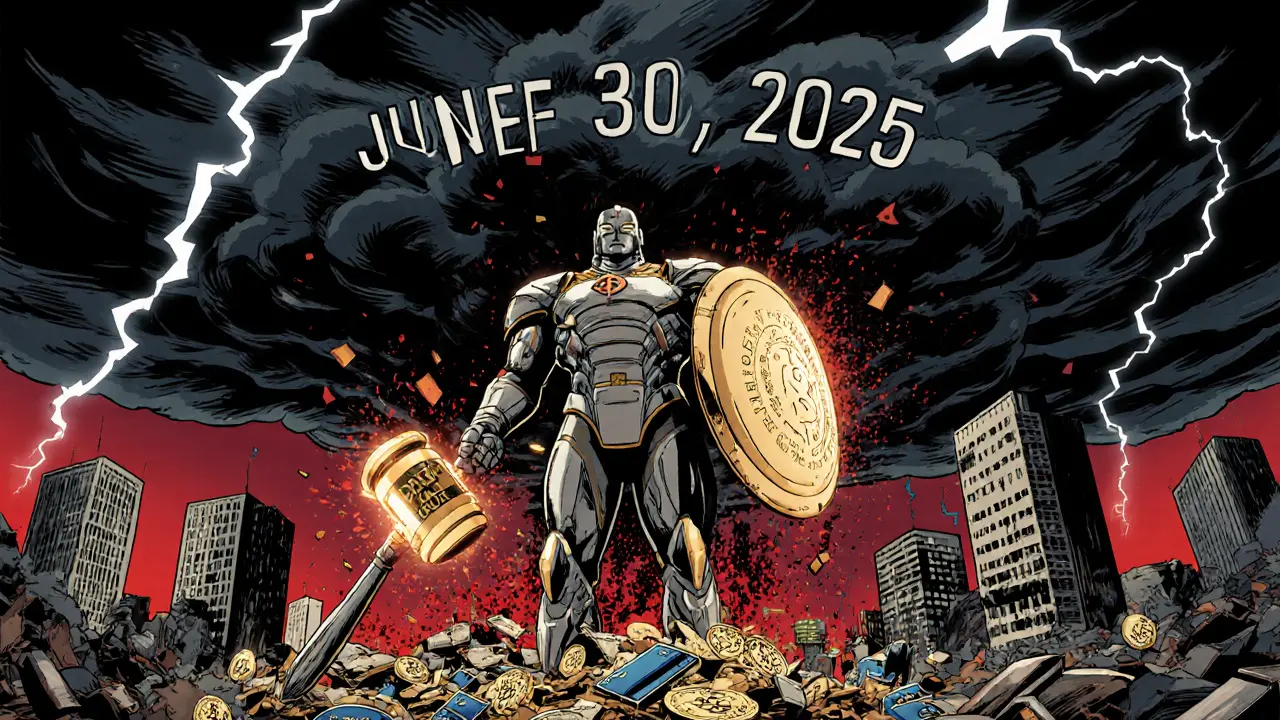When it comes to MAS crypto regulations, the rules set by Singapore’s Monetary Authority of Singapore that govern how cryptocurrency exchanges, tokens, and trading platforms operate legally within the country. Also known as Singapore crypto rules, they’re some of the clearest and most enforced in Asia — and they’re changing how global crypto businesses operate. Unlike countries that ban crypto outright, Singapore takes a pragmatic approach: allow innovation, but only if you play by strict rules. That means if you’re using a crypto exchange, holding tokens, or running a DeFi project, MAS has something to say about it.
One of the biggest things these rules do is require every crypto exchange operating in Singapore to get a license from MAS. That’s not a suggestion — it’s the law. Exchanges like Coinbase and Binance have had to restructure their operations to comply, while unlicensed platforms are blocked from marketing to Singaporeans. This directly impacts you as a trader: if an exchange isn’t MAS-licensed, it’s not legally allowed to serve you. And if you’re using one anyway, you’re on your own if things go wrong. MAS also watches how tokens are marketed. If a project calls its token an "investment" or promises returns, it’s likely violating securities laws. That’s why you see so many tokens rebranding as "utility tokens" — it’s not just marketing, it’s legal armor.
The rules also target money laundering and fraud. MAS requires exchanges to know their customers (KYC), monitor transactions, and report suspicious activity. This isn’t just red tape — it’s protection. A 2024 MAS report showed that over 70% of crypto-related fraud cases in Singapore came from unlicensed platforms. That’s why MAS pushes hard for licensed exchanges: they’re safer, audited, and accountable. Even stablecoins aren’t ignored. If a stablecoin is issued in Singapore or targets Singaporean users, it must be fully backed and regularly audited. No magic numbers, no hidden reserves — just real money behind the token.
These regulations don’t just affect exchanges. They ripple into DeFi, NFTs, and even crypto lending. If you’re earning interest on your crypto through a platform based in Singapore, that platform needs a license. If you’re trading NFTs as investments — not collectibles — MAS might classify them as securities. And if you’re using a crypto wallet to send funds to an unlicensed platform? You’re not breaking the law, but you’re not protected by it either.
What you’ll find in the posts below are real cases, real platforms, and real risks tied to these rules. You’ll see how some exchanges got shut down for ignoring MAS, how certain tokens got flagged as scams, and why some airdrops are outright illegal under Singapore’s framework. This isn’t theory — it’s what’s happening right now. Whether you’re trading, investing, or just trying to stay safe, understanding MAS crypto regulations isn’t optional. It’s the difference between protecting your money and losing it to a loophole that doesn’t exist.

MAS has drastically tightened crypto oversight in Singapore, effectively banning new licenses and enforcing strict AML, consumer protection, and compliance rules. Only a handful of firms can now operate legally.